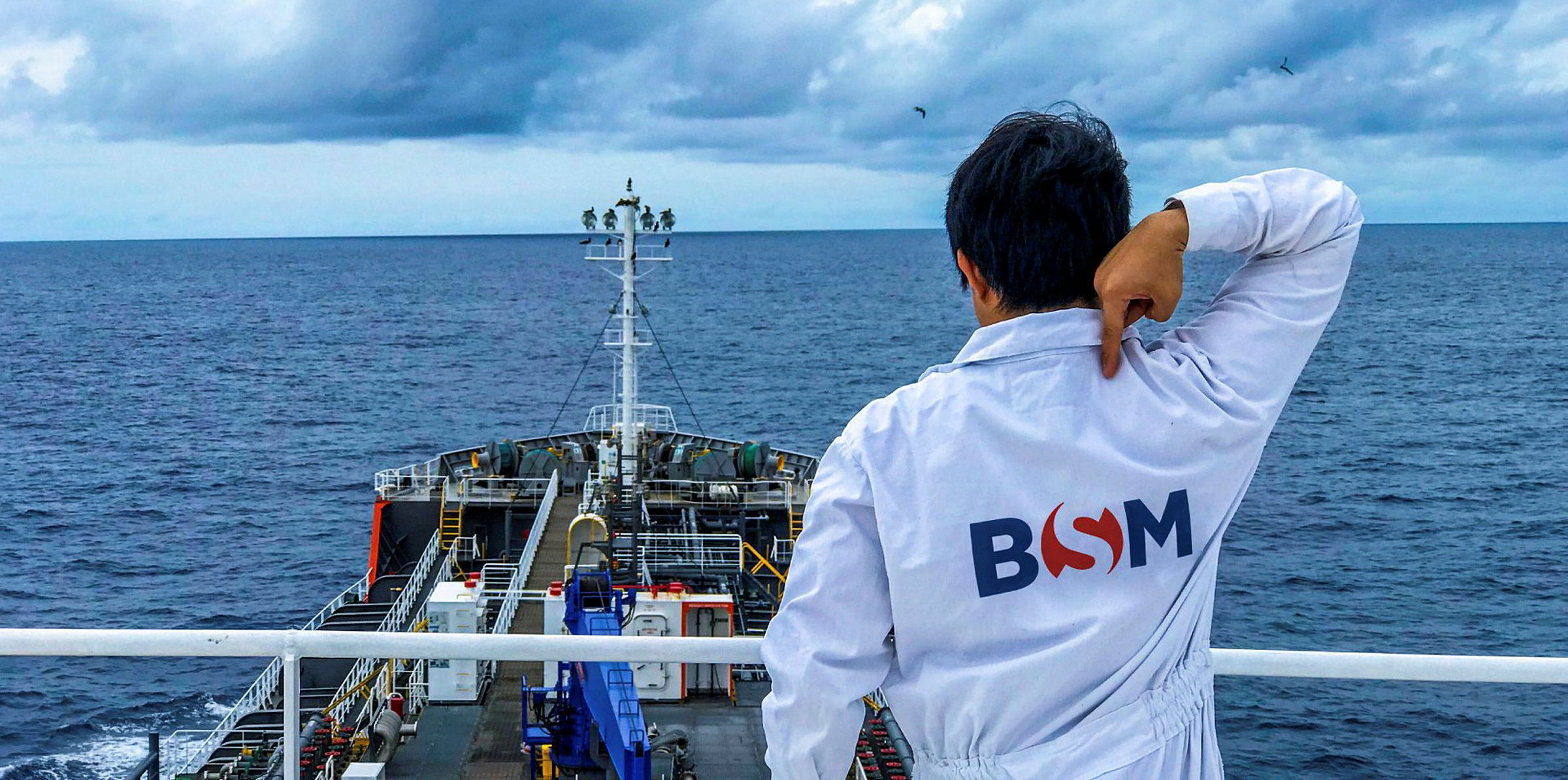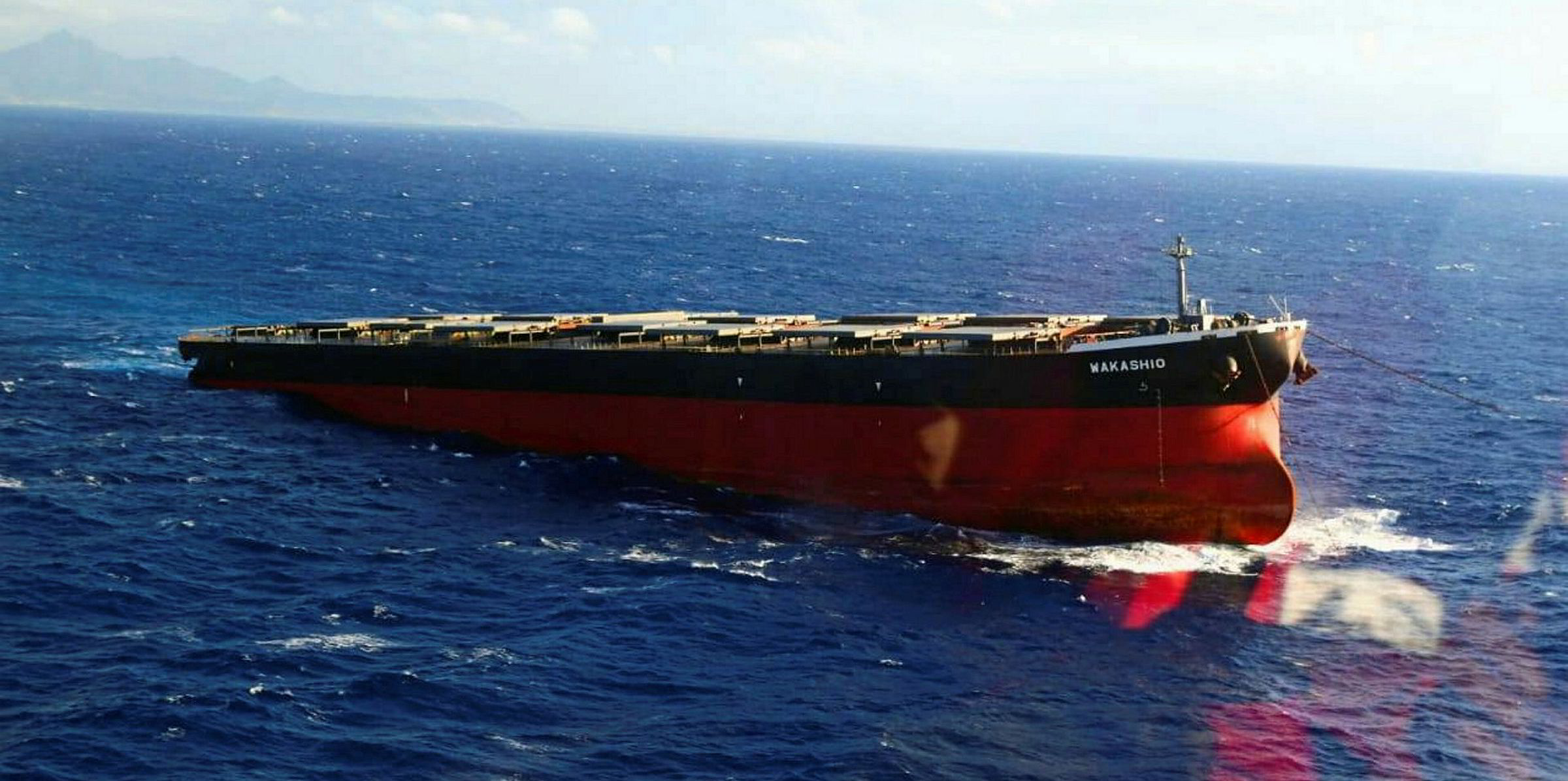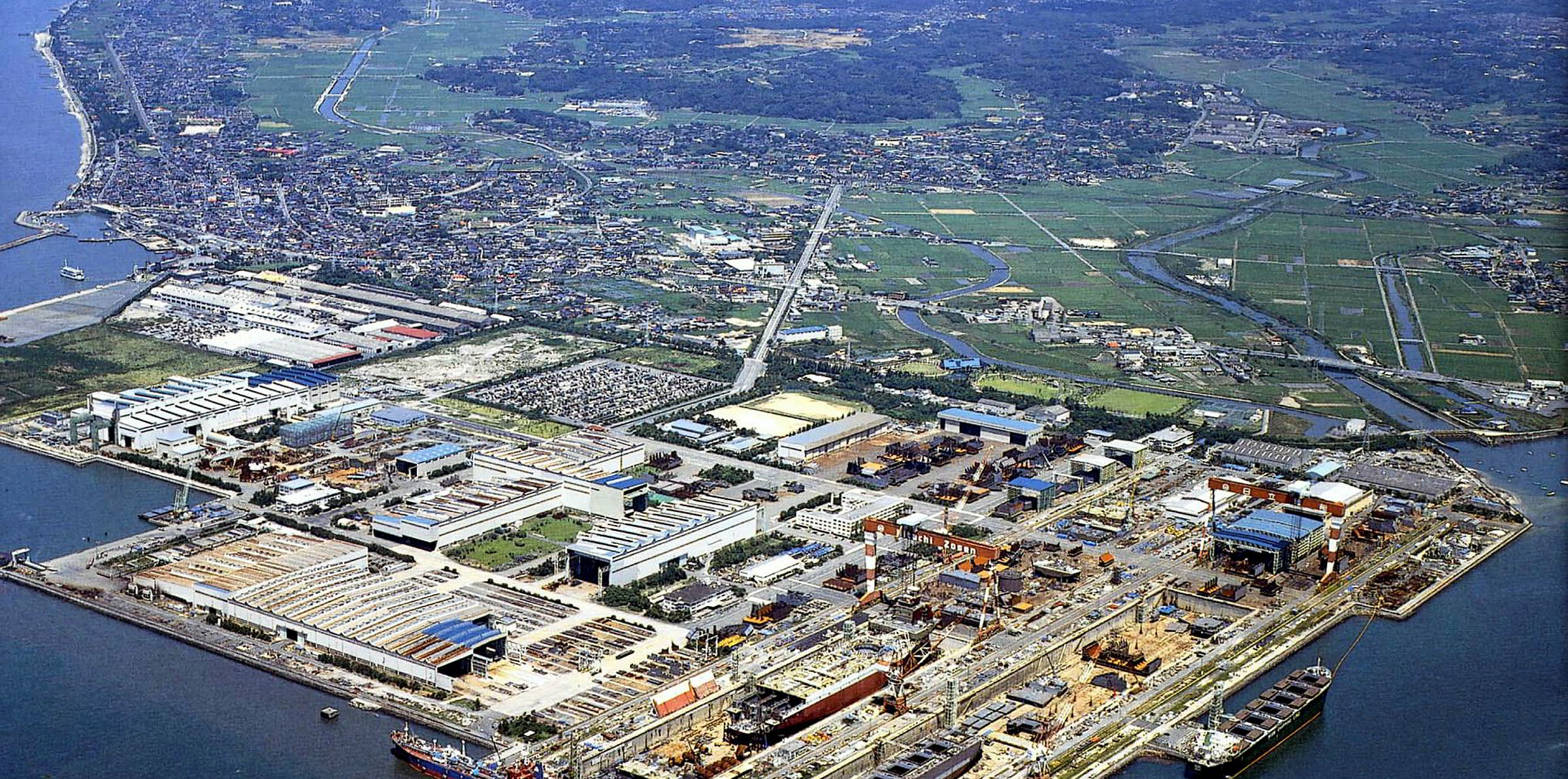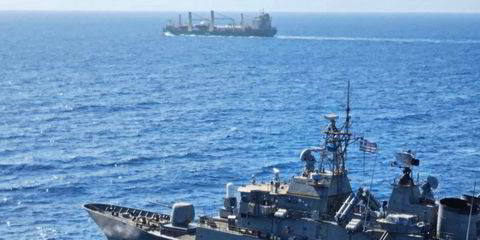The International Transport Workers' Federation (ITF) wants ports in countries that refuse to allow crews to change to be designated high-risk areas.
The union made the demand at the Joint Negotiating Group's 11 August International Bargaining Forum Warlike Operations Area Committee (WOAC) meeting, arguing that exhausted, overworked seafarers threaten are a safety risk to themselves and others.
"The ITF is of the opinion that ports where governments refuse [to allow] seafarers to sign off should be designated [high risk areas] since mentally and physically fatigued crew that are forced to work for over 11 months constitute a high risk to the seafarers lives and the environment," the union said in a statement.
In what has become a crisis, hundreds of thousands of seafarers are trapped aboard their ships. World governments have been reticent to allow crews to change in their jurisdictions, worried it could spread Covid-19.
The lack of action has kept some seafarers aboard the ship for a year or longer.
Progress was thought to be made in early July when the UK led talks with more than a dozen countries, reportedly resulting in an agreement to give seafarers key worker status.
The move would ease travel restrictions for seafarers, facilitating much-needed crew changes.
But it is unclear if anything further has been done.
The ITF warned last month that as many as 600,000 seafarers — 300,000 at sea and as many at home — were facing "financial ruin" due to the lack of action.
Seafarers' mental health has reportedly been suffering, as well, with suicide rates rising.
Earlier this month, seafarers aboard three ships in Australia went on strike and demanded to be sent home.
In places where headway had been made, like Hong Kong, spikes in Covid-19 cases have prompted countries to pull back.
High-risk areas are often used to denote where a ship and its crew were in danger of being attacked by pirates.
The union noted the WOAC said it "agreed to consider the request and its potential implications".
The union added that it would continue to help seafarers that have completed their contracts and wish to return home leave their ships.
Gulf of Guinea
At the same meeting, the Joint Negotiating Group — made up of representatives from both management and labour — discussed the rise in violent attacks against crew in the Gulf of Guinea.
The International Maritime Bureau said in mid-July that violent attacks against ships was on the rise in 2020, with 77 seafarers taken hostage in the first six months of the year.
Of those 77, 90% of those in the west African waterway.
It said the Gulf of Guinea was under consideration as a high risk area.
"[The WOAC] agreed that the issue in the Gulf of Guinea warrants serious concern and there is a need to gather further intelligence on where attacks and attempted attacks have occurred since January 2020 in order to discuss potential changes to the current [International Bargaining Forum] designation," the union said.








